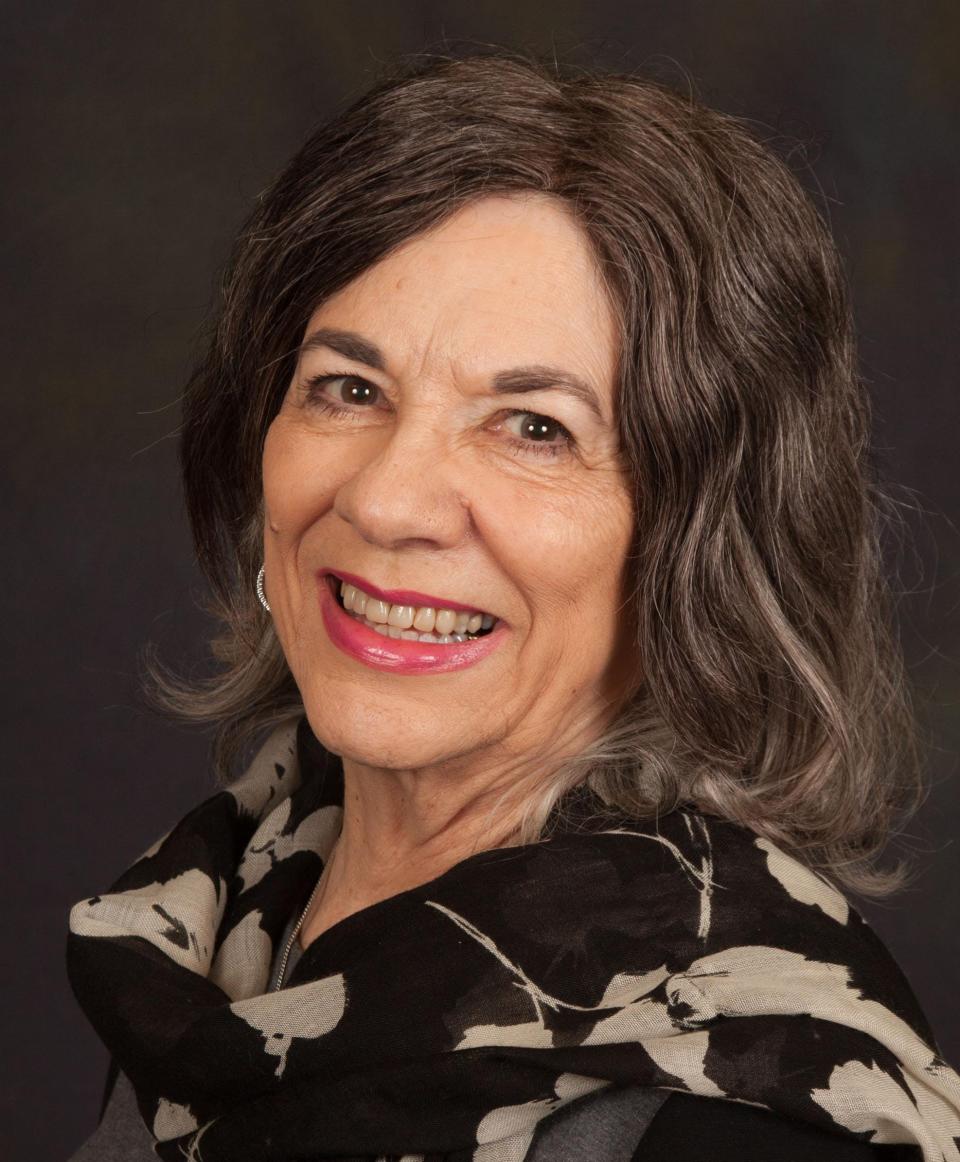Pratt: Words do hurt
Do you know immediately what is meant when you see the words “fire retardant” on a product or hear the word concerning something you are about to purchase?
Of course, you do.
For chemical or other characteristics, we understand that such a label means the product will be either difficult or impossible to set afire, which is most often a good thing to know in order to avoid unnecessary danger.

But I can almost guarantee that about the time you started school, hopefully not before, you became aware of another use of the root word, “retard.”
Maybe your first recall of the word came after you started to school and another student was labeled as a “retard” by the class bully – not you, of course. There are other words, of course, that we all heard when we were growing up, which led our teachers or parents to say, “sticks and stones may break my bones, but words can never hurt me.”
Did that bit of poetry help when you were the target of class ridicule? Probably not, at least in the moment. Because words do hurt. Unfortunately, the hurt sometimes lasts a lifetime.
Did you know that a teacher wrote a note to the mother of one of the world's greatest inventors to date – Thomas Edison – labeling her son too “slow” to continue in school? As it turns out, it was the teacher who was “retarded” in her knowledge of how to help a child who was a bit different in his learning process than the ordinary class members.
Instead of telling her young son how the teacher assessed his intelligence, his mother did the opposite by becoming his teacher as well as his mother.
Edison may not have been processing the standard classroom material in the same way, but he went on to become one of the greatest innovators of the century, giving us electricity and all of its beneficial results.
His teacher was correct in that he wasn't the “average” student. Her error came in assuming that there is only one model of intelligence for learning and discovering important things. Of course, not every child is a genius, but every child has potential.
A person gifted in teaching is more likely to recognize that different styles of learning do not mean that only one kind of knowledge is important. Like parents, teachers come in a great variety of skills and attitudes.
I recall my high school teacher, a woman who inspired fear, who handed me my final essay as a senior, and said gruffly to me, “You make me so angry because it's so easy for you. I had to work so hard in college to learn all that English.”
She was joking, I'm sure, but I quickly glanced at the grade on the paper just in case, and yes, she had given me an A-plus. I didn't take it for granted. I knew I wouldn't have done half so well if she had asked us to recite all the “rules” for grammar.
Edison may not have known all the rules he was expected to know as a young student, but he had the capacity to discover “rules” of nature that no one else understood. He worked until he got the lights turned on for the world. The rest is history.
Some of the brightest and best of innovators endured maltreatment for their ideas. It is up to us how we use the discoveries of centuries, including nuclear power and our astounding information age.
Instead, we prefer to play political “climate-control” games while ignoring history and science in order to induce panic, which always leads to destruction.
We have weapons that could destroy all or most humanity in a matter of hours if not minutes. We are all “retarded” in terms of getting along, more alike than we seem to understand.
The war between good and evil is a reality whether we live in a big city or out in the remote areas of the world. The most serious decision we make is which side we choose – obedience to God or obeisance to Satan.
Our fire retardant? You will find it in the story of God's sacrifice in the stories of his great love for humanity offering forgiveness and heavenly benefits as described in The Holy Bible. It's His goodness that makes the difference.
Beth Pratt retired as religion editor from the Avalanche-Journal after 25 years. You can email her at beth.pratt@cheerful.com.
This article originally appeared on Lubbock Avalanche-Journal: Pratt: Words do hurt

